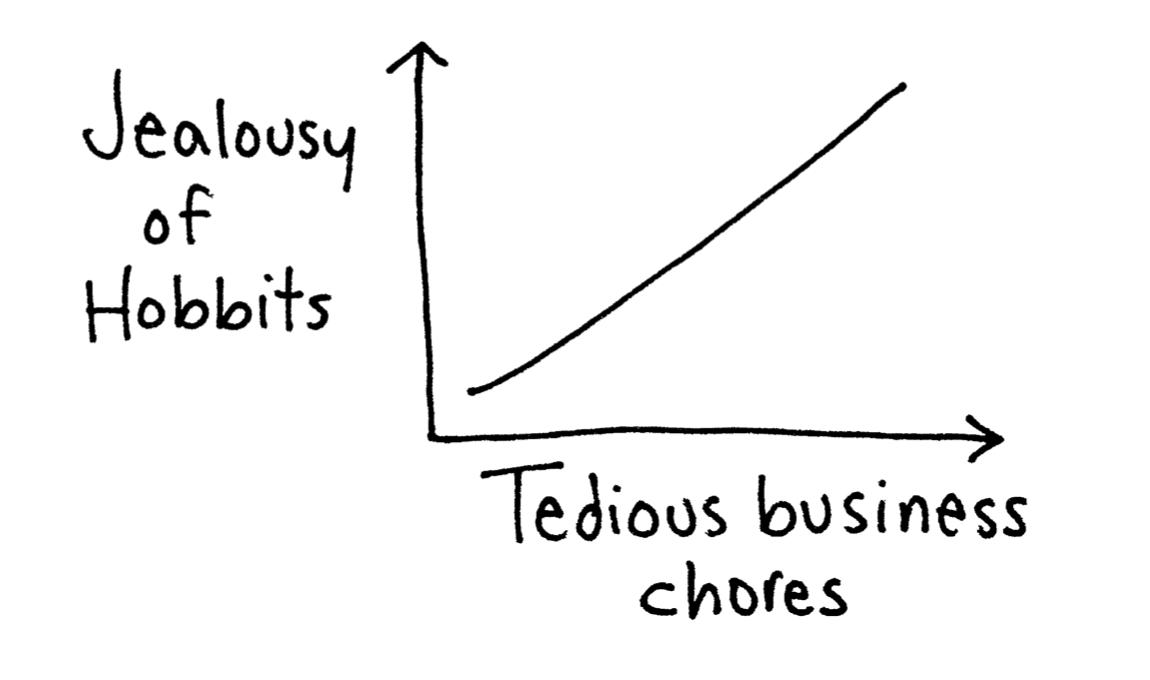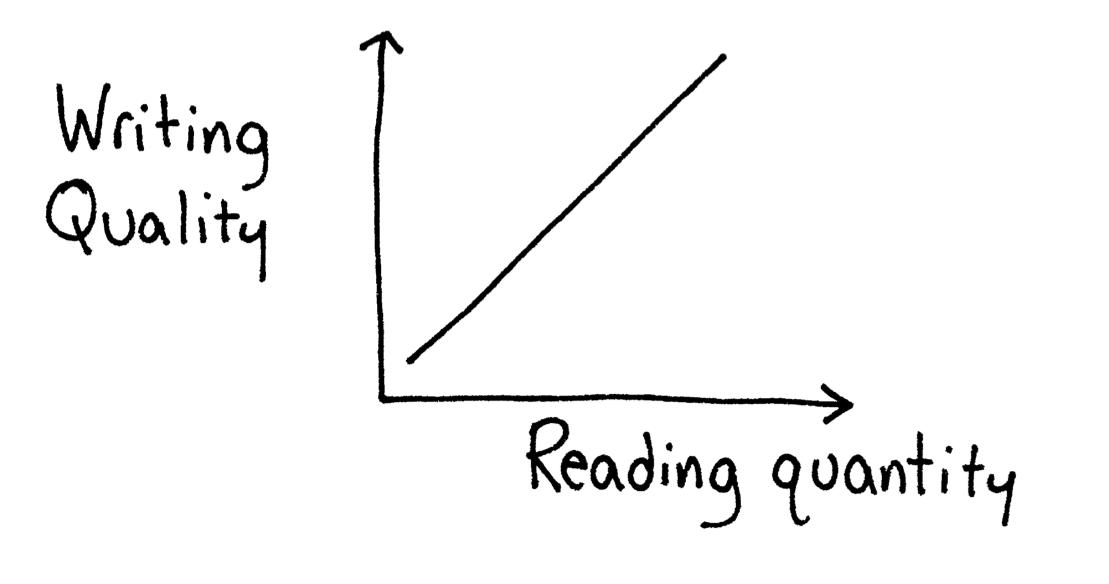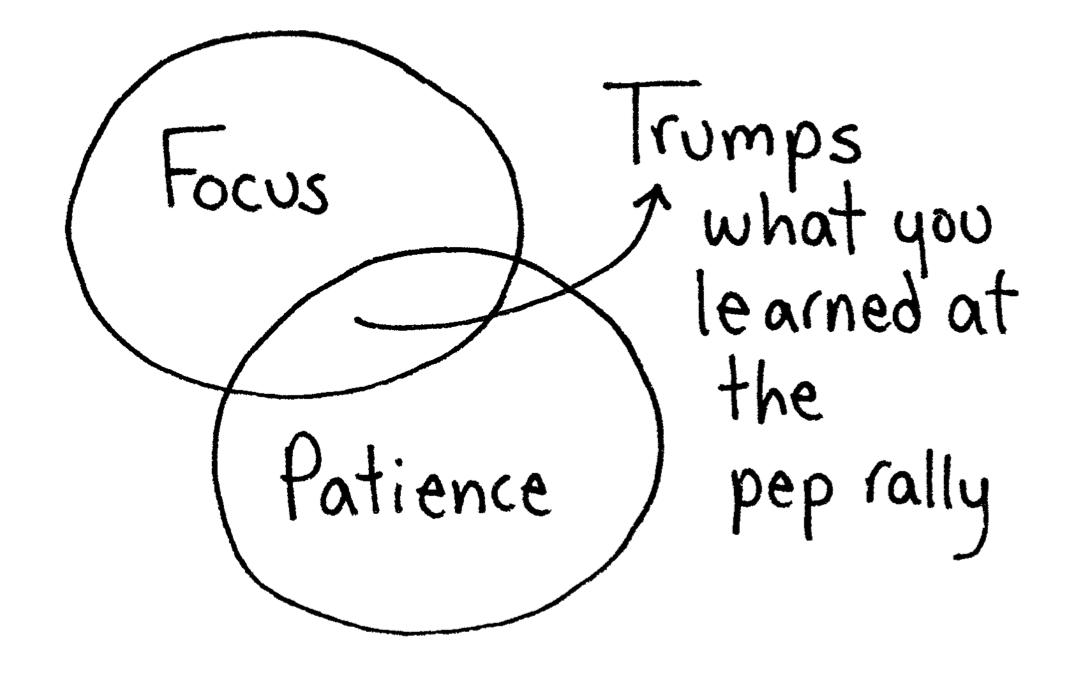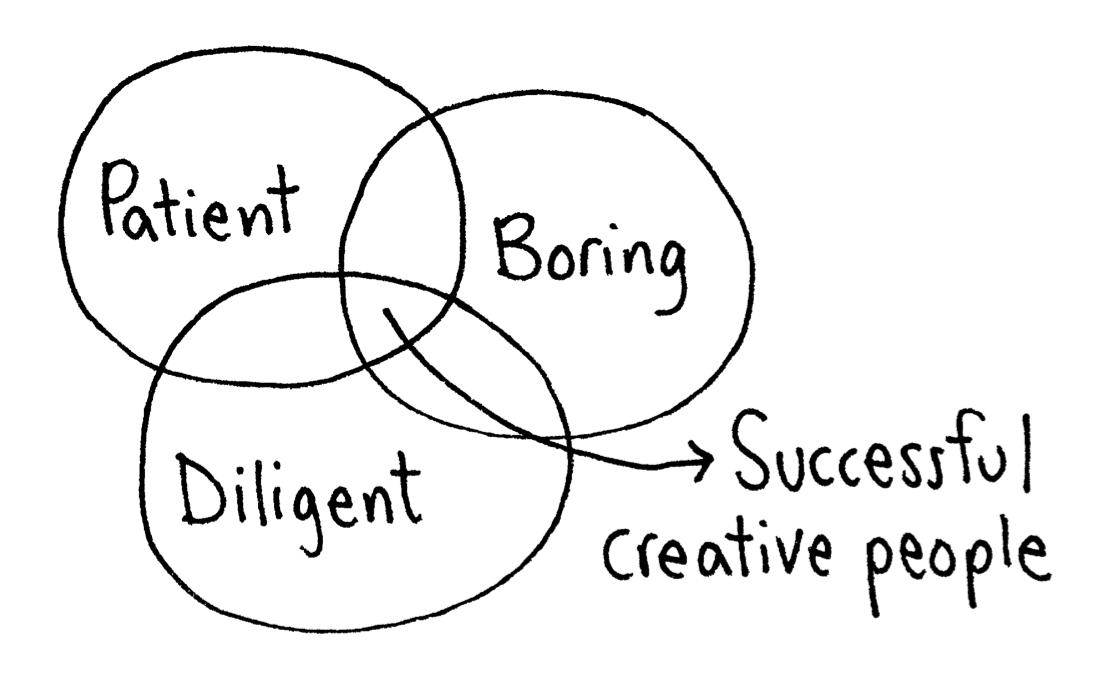
My dad thinks I’m a great businessman. He’s probably not entirely wrong. I do have a business. The business has employees. I talk to a CPA a few times a year,
and I have been known to consider a bunch of numbers on a spreadsheet. I
occasionally get on a conference call, and sentences like, “We could do this cheaper in China” are used.
But, secretly, I’m terrible at business. I have learned to do it out of sheer necessity. It’s possible this is true of many small business owners, but I’m convinced it’s especially true for me. I have reluctantly learned how to design merchandise,
how to source products, how to run a Facebook page and a Twitter account. But,
I don’t enjoy it. I don’t like the cut and thrust of business. I don’t experience contentment at seeing product shipped. I don’t enjoy business politics or glad-handing.

I am, in short, a Hobbit. I would be perfectly happy spending my time in a small
room, reading books, ignoring the world.
As it turns out, that doesn’t pay very well.
The Equation for Success
So, I’ve had to strategize. I want to put forth a very simple equation to explain what
my strategy has been:
S = P × A
S = probability of success
P = the product
A = all the crap you do to get people to care about P
I am not naturally good at A. I’ve become better at it over time, but it will never be a very high number. So,
my best bet is to try to max out P.
Here’s the tricky part: I’m an artist by trade. I am the product. How do I make me better?
Here’s the part where a lot of people might give you some motivational bilge about
how “you can do it!” I’m not really into that. Maybe you can’t do it. I don’t know you. All I can say is this: Once you’ve realized that, yes, the product is YOU, it’s time to think hard about making the product suck less.
Making the Product Suck Less
In my case, my strategy has been to make the product know more than its
consumers. Here’s what that entails:
1. Read. A lot.
My minimum is three books a week. In a good week, I might get closer to six or
seven, depending on how thick the books are and what I’m up to in terms of projects.
2. Read diversely.
No, science fiction AND fantasy is not diverse reading. Go get a book that’s boring. Be bored while you read it. What’s that? You don’t like being bored? So what? I don’t like that I have to exercise to keep fit.
3. Don’t read what everyone else is reading.
I’m a cartoonist. On my stack of books to read there are exactly zero comic books.
Here are a few books that are in my pile: The Oxford Handbook of Maritime Archaeology; The Social Biology of Ropalidia
Marginata; Summa Technologiae; The English and Scottish Popular Ballads; The
Autobiography of GK Chesterton.

Why am I reading these books? BECAUSE YOU AREN’T. OK, maritime archaeology sounds cool, but the rest of it will contain a lot
of boring content. I will still read every word. Because you won’t. My job as an entertainer is to be more interesting than you. I figure that
leaves two choices: know a bunch of weird stuff, or go on a wild and dangerous
adventure. As I mentioned, I’m a Hobbit.
4. Be boring.
When you go to a great concert, do you know why it’s great? It’s because everyone playing or singing or dancing has spent a lot of time being
really, really boring: playing the same song over and over, quibbling over when
light number 42-B should come up, making sure every viewing angle is as good as
possible. In fact, a good concert is the result of *fractal* boringness. Boring
growing on boring that grew on boring. The violinist is playing an instrument
that is the end result of centuries of people sitting around thinking about
wood type, resin type, acoustics, mathematics of harmony, and so on.
If you want to rise to the level of that concert you loved, or book you loved,
or device you loved, you need to be boring. Talking about what you’re going to do doesn’t make it happen. Feeling passionate about what you’re going to do doesn’t make it happen. Fuck your passion. You know who has passion? A teenager who
just heard a One Direction song. What you need is focus and patience.
5. Schedule your life.
There are many ways to do this. I originally used a Ben Franklin style “I will do X at Y o’clock” schedule system. Later, I moved to a more freeform “do the following tasks every day, in any order” schema. But, especially if you work from home, you need to schedule your life.
If you don’t believe me, try writing down a work diary. Compare your accomplishments on
scheduled days to unscheduled days, and you will be amazed.
6. Turn off the Internet.
Turn it off. Right now. Your job is not to browse Facebook.
The Product Might Suck More Than You Realize
In my own trade of comics, one thing I see a lot is what might be called “parabolic quality.” Quality goes up, quality comes down. Often a new cartoonist will start out
quite good, then be great for a few months, then stink, then finally quit. Why?
Because they’re using up a finite resource. They’re using every clever thought, joke, conversation, or turn of phrase they ever
had before doing comics. Much like petroleum, the fuel is still being created,
but not nearly as fast as it gets used up.
This finite resource can lead to overconfidence. On your first day, you might
have twenty good ideas. You’ll think “Ah! This is easy! I could do this all day.” You would be wrong.

When you start in this business, you have a nice stock of comic fuel. If you don’t learn to replenish as you go, you’re screwed. The way I replenish as I go is outlined above. Your method might
vary, but the basic concept is the same: The stuff of your creativity needs to
be replenished, even if you’re feeling good about your reserves today.
Making a Living
All of that stuff above is the major thing, if you’re like me. Perhaps you’re not like me, and you’re really, really good at squeezing every penny from your business. If so, you
might not have to work as hard. To my mind, the beautiful life is spent reading
and thinking. My business model permits this reasonably well. Your good life
may be quite different, and so your methods may vary.
That said, in terms of making a living, I do have a bit of commonsense advice:
Running a business, like all things, takes mastery. The stuff you can learn out
of a book could be taught in a week. Everything else is the wages of diligence.
You already know that you ought to be able to use social media. You already
know that you can run advertising or sell ads or put yourself on Patreon. So,
with that in mind, I have one piece of advice that you might not already know.
It is this: Don’t assume the system is at equilibrium.
I mean that in a somewhat nerdy sense. A system is at equilibrium when it stops
changing rapidly. If you pull a slinky apart and then let go, it’ll wobble back and forth and back and forth, compressing and expanding, until it
reaches its equilibrium and stops. In business, if you see that the same
commodity is being sold at wildly varying prices, the commodity’s price has not equilibrated at a particular level.
There is an old joke in economics that goes like this: An economist and a
businessman are walking. They see a 100-dollar bill. The businessman bends to
pick it up, at which point the economist says, “Don’t bother.” The businessman asks, “Why?” The economist replies, “If the system is at equilibrium, the 100-dollar bill doesn’t exist.”
In other words, that bill should’ve been picked up by now! This is clearly illogical thinking. Even if the system
is roughly at equilibrium, you should occasionally find things that are way
off.
Not realizing this fact was a big mistake early on for me. Here were some dumb
errors I made that involve the equilibrium assumption:
1. All ad providers are the same.
SO WRONG. I think it was in 2007 or so that I switched one provider and
basically doubled my income. This shouldn’t be the case, since the providers are buying the same stuff! But, it is the
case. I should’ve switched much sooner.
2. All merchandise is the same.
Maybe one shirt is more popular than another, but there’s no way there’s THAT much variance. Right? SO WRONG. I have had designs that sell about a
dozen copies, and other designs that sell 1,000 in the first week! Some stuff
hits. Some stuff doesn’t. It’s hard to predict. But don’t assume that you just put out stuff and make money. You have to put out the
right stuff.
3. You do your work and get your audience based on how good your work is.
There is truth to this, but it’s way more complicated. You need to network and interact. My comic was doing
well, but didn’t take off until I started meeting peers and doing guest comics. I hate
networking, but it matters. So do it.
4. Little stuff doesn’t matter.
WRONG. For example, recently we finally started properly running our Facebook
group. It has more members than our daily on-site viewership. This may take
from site traffic a little, but it also means we sell a lot more merchandise.

The Equation Revisited
In sum: Don’t assume things are at equilibrium. You might be leaving money on the table.
Remember the equation above: S = P × A.
If you’ve got Product really, really high, a small change in A will make a big
difference. If you have a big audience that loves what you’re doing, they will WANT to pay for your content. You just need to give them the
way to do it.
The Most Important Advice
1. Be patient.
This will probably take years. It may take a decade. From the time I started
actively trying to make a living at comics, it took about three years. It took
an additional five or so years after that before I made a good living. You are
building a cultural entity from air. It will take time.
2. Be diligent.
There will be highs and lows. In my case, the great recession literally started
right after the first year I made a decent wage for myself. I have no way of
knowing if this was related, but my income definitely fell with the recession.
Here’s where diligence comes in. Your income is down, perhaps your confidence is
down, but you can’t stop. Keep putting in the work. The audience will appreciate it, and when the
economic weather turns fair again, you will profit.

3. Be boring.
Stop reading this essay. Go pick up a big, fat textbook. Your work will be
better.
Become intellectually omnivorous.
***
Feed your brain more hearty ideas.
***
It’s time to read more broadly, more deeply,
and more frequently. Get your library card out,
or go get one if you don’t have one.
and more frequently. Get your library card out,
or go get one if you don’t have one.
***
You’ve reached the end of this book:
Now get to the end of many more.
Now get to the end of many more.
***
Your work will reflect your brain’s improved
diet of delicious stories.
diet of delicious stories.